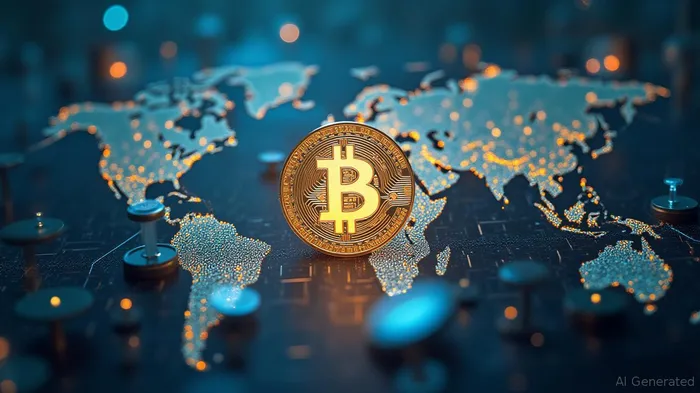XRP News Today: XRP Positioned as Key Tool in Global De-Dollarization Amid US-Iran Tensions
In the wake of escalating geopolitical tensions between the United States and Iran, a prominent market analyst has described XRP as an "escape plan" for nations seeking to circumvent the US-dominated financial system. The comments from financial commentator Pumpius come as a reported US airstrike near Tehran has reignited fears of conflict in the region.
Pumpius argues that the petrodollar system, which has long been a tool for global influence and compliance, is gradually unraveling. He explains that oil has traditionally been traded in US dollars, which in turn has been used to purchase weapons, fostering political alliances and silence. However, this system is now being challenged as countries explore alternatives to avoid US-dominated financial systems.
According to Pumpius, the issue of de-dollarization is no longer theoretical for countries like Iran, Russia, and China. These nations are actively developing mechanisms to conduct significant energy and commodity dealings without relying on the US dollar. The analyst notes that sanctions aimed at isolating countries like Iran have had the unintended effect of spurring innovations in decentralized financial infrastructure rather than limiting them.
Pumpius highlights the emergence of decentralized payment channels independent of SWIFT, with XRP being singled out as a digital protocol capable of settling oil-to-crypto transactions globally in real time. These systems eliminate the need for intermediaries, allowing transacting parties to bypass the Federal Reserve or any central clearing chain. This shift is part of a broader transformation in global finance, where institutions like the International Monetary Fund are working to manage the outcome by introducing neutral, decentralized liquidity systems.
The analyst describes this transformation as a "regime change in global finance," where the conversation around digital assets extends beyond speculative trading. The shift is occurring quietly, with barrels of oil moving without clearance from the US financial system. Emergency meetings and regional military escalations may serve as distractions from the true transformation underway—the formation of a financial network built on speed, interoperability, and borderless value transfer.
Pumpius predicts that this marks the beginning of the "liquidity wars," where the global power structure will become increasingly linked to ownership of real-time payments infrastructure. Older clearinghouses and institutions pegged to dollars are gradually giving way to blockchain protocols that can settle positions instantly. In this scenario, XRP is positioned as a digital connecting coin that links various currencies without a central intermediary.
The analyst observes that this transition may not be characterized by proclamations or changes in world policies. Instead, change will be effected quietly through the use, adoption, and gradual disappearance of outdated systems in favor of more efficient ones. In this context, XRP is not only maintaining its relevance amidst conflict but also profiting from it.
As the aftermath of the US airstrike near Tehran continues to dominate international headlines, financial experts are pointing to a parallel, quieter conflict. The rise of XRP in cross-border trade settlements signals a broader move away from traditional systems controlled by the West. For nations seeking independence from the petrodollar, XRP is being positioned as a vital tool in redefining how global trade is conducted—swiftly, securely, and without the dollar.

Conoce rápidamente la historia y el origen de distintas monedas reconocidas
Latest Articles
Stay ahead of the market.
Get curated U.S. market news, insights and key dates delivered to your inbox.



Comments
No comments yet